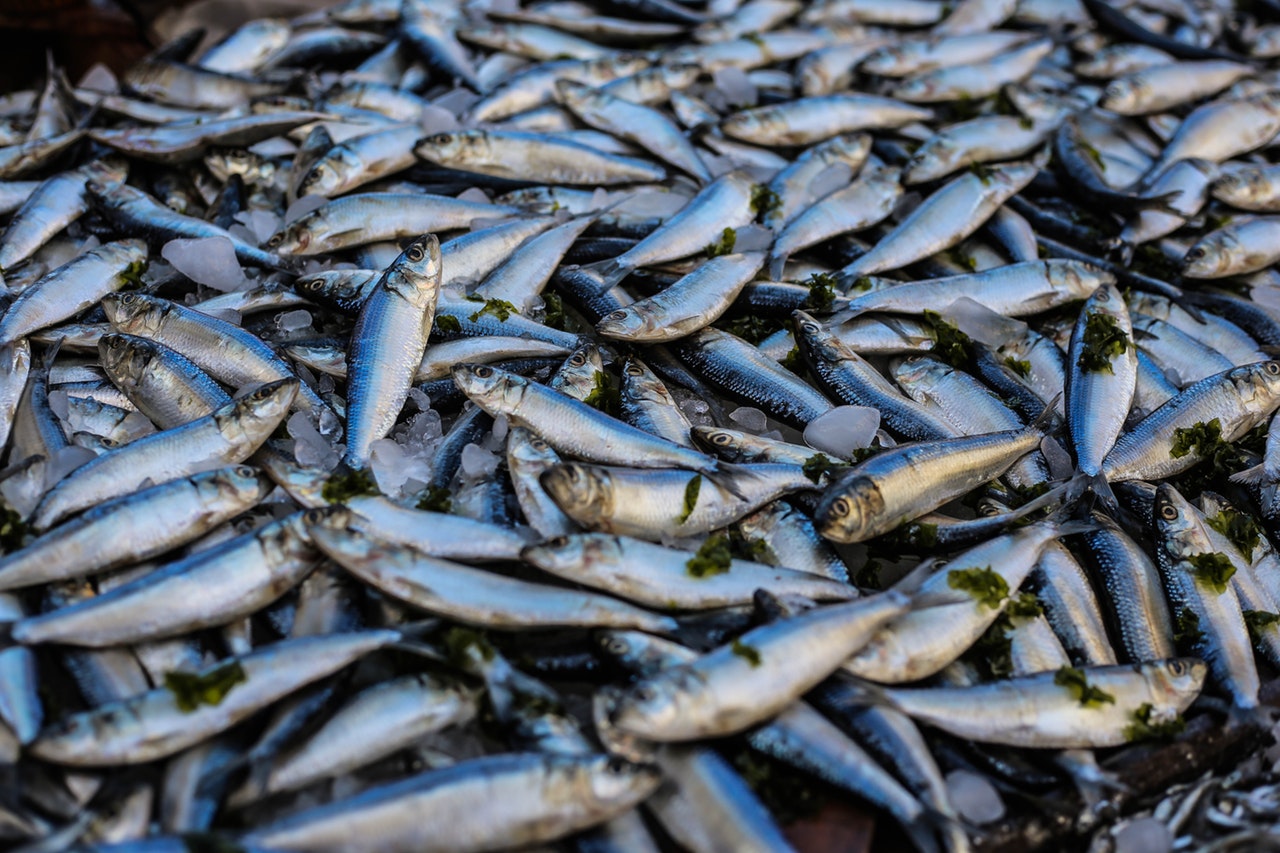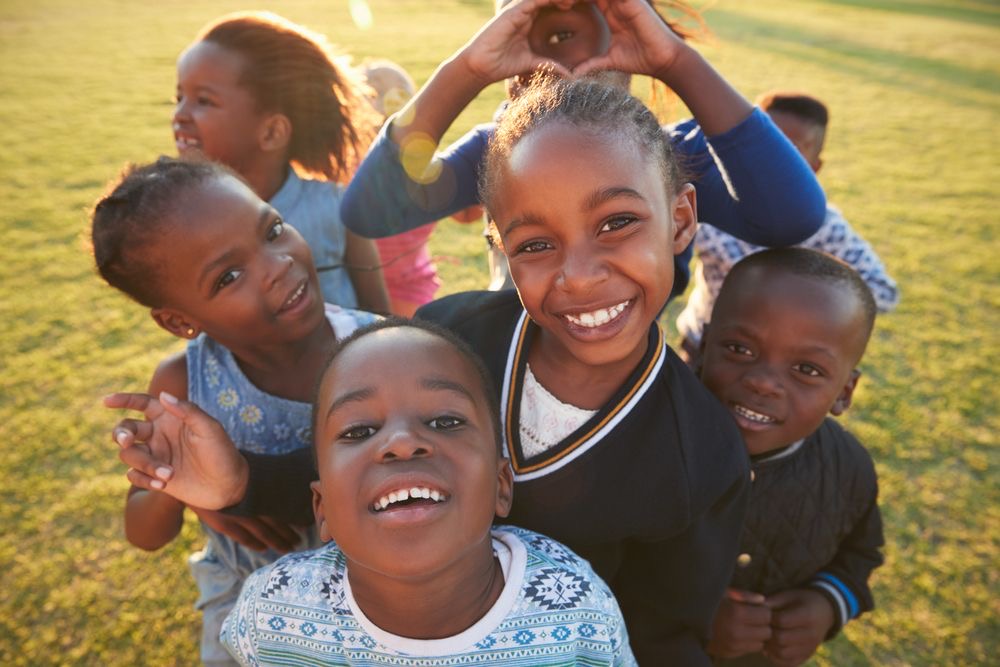Collective action to protect our fisheries and oceans
What does it mean to have sustainable fisheries? Some would say it means harvesting in a way that does not compromise the stock or its surrounding ecosystem. Others might say it means ensuring the stock remains healthy for the long-term benefit of the people who depend on our oceans for their livelihood and their business.
Both are correct, and not only equally important, but inextricably linked. Fisheries management decisions that have a sound basis in environmental conservation will lead to healthier stocks and thus, a healthier economy.
In Canada, sustainable management of our fisheries has made fish and seafood among Canada’s largest exports of food products. In 2017, the value of Canada’s fish and seafood exports reached $6.9 billion.
But it is more than this. The oceans are a global source of sustainable food and nutrition. They provide 15% of protein for the diets of four billion people around the world. If we want to continue meeting this need as well as emerging requirements for growing global populations, we will need to more clearly understand how seafood can contribute to our nutritional security in a way that does not compromise the sustainable management of stocks.
A stop to illegal fishing
So if we know that sustainable fisheries can help strengthen global food security (in addition to being economically and environmentally beneficial), what’s next? How can the world’s fisheries become more sustainable? We can start by ending the scourge of illegal, unreported and unregulated (IUU) fishing. According to academic analysis conducted by researchers in Canada and the United Kingdom, somewhere between 11 and 26 million tonnes of seafood are illegally removed from the world’s oceans each year, creating environmental damage and economic losses of $23.5 billion. These actions also compromise the ability of coastal countries to effectively manage fish stocks.
These staggering numbers were top of mind for both me and my G7 colleagues during the meeting on Healthy Oceans, Seas and Resilient Coastal Communities in Halifax in September. At this meeting, the G7 committed to support sustainable oceans and fisheries by combatting IUU fishing. Canada is doing its part by providing $10 million for satellite technologies to identify and track IUU fishing vessels, and an extra $1.6 million to develop programmes throughout Western Central Pacific countries looking to eliminate IUU fishing in their waters. We also declared support for the Global Fishing Watch – an international, non-profit organisation that promotes healthy, productive and resilient oceans through transparent and effective governance of its marine resources.
And although G7 countries represent the major share of the world market for fisheries products, it is important for us to recognise that we cannot act in isolation if we want effective results.
Pursuing new opportunities
We need to accelerate discussions, both with G7 partners as well as G20 partners and other coastal countries, to explore and pursue additional opportunities for collaboration and partnerships in addressing IUU fishing. Focus must be on ensuring coordinated action in addressing this important issue. Combatting and ultimately eliminating IUU fishing can only be successful if all countries work cooperatively.
While efforts to combat IUU fishing are necessary to strengthen sustainable fisheries, ensuring food security and supporting livelihoods need a more system-wide approach. Sustainable fisheries on their own are effective, but they should be part of a more prosperous, inclusive and sustainable system known as the blue economy. This is where sustainable fisheries converge with sustainable marine energy, ocean technology, ocean and coastal tourism, maritime transportation and the management of waste plastics.
Canada is proud to help advance the conversation and action around the blue economy by co-hosting the Sustainable Blue Economy Conference in Nairobi from November 26–28, 2018. This is the first global conference of its kind, and builds on the commitments and conversations started at the G7. Although several conferences have focused on the enormous pressures facing our oceans and waters, few have focused on how we can sustainably tap into the great potential of the blue economy to create jobs and combat poverty and hunger, for the benefit of all.
There is much work to do. The clear message that resulted from the 2018 G7 meetings was the need for partners to actively work together to make progress. I hope that all G20 leaders will join this important effort. In the face of something as significant as food insecurity and the potential decline in health of ocean biodiversity resulting from threats to our oceans and fisheries, we must act together. These challenges are global in nature and require a global response.












